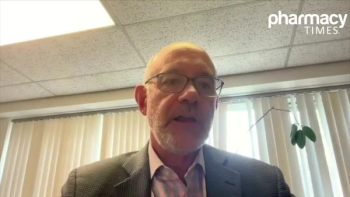
Real-world data from nearly 1.5 million administrations of intranasal esketamine (Spravato) show that its safety profile—including risks of sedation, blood pressure changes, and dissociation—remains consistent with clinical trial findings.

Real-world data from nearly 1.5 million administrations of intranasal esketamine (Spravato) show that its safety profile—including risks of sedation, blood pressure changes, and dissociation—remains consistent with clinical trial findings.
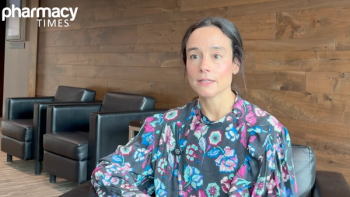
Expert shares the promising potential of linvoseltamab in treating high-risk smoldering multiple myeloma.
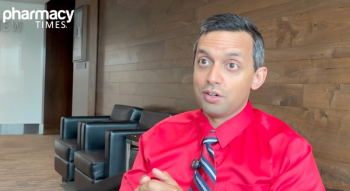
Expert shares the latest advancements in CAR T therapy and novel treatments for myeloma, addressing access challenges and promising new options.
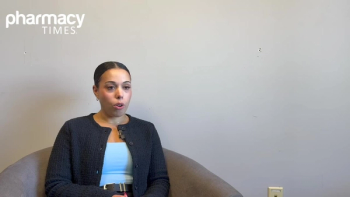
Explore the impact of CDK4/6 inhibitors in HR+/HER2– breast cancer treatment and the essential role of oncology pharmacy practice.

A panelist discusses how pharmacists can successfully coadminister shingles vaccines with other immunizations by following CDC recommendations, addressing patient concerns about multiple vaccines through education about safety and convenience, and emphasizing the importance of preventing delays in care.

A panelist discusses how pharmacists can address vaccine hesitancy by collaborating with prescribers who recommend against vaccination through education and in-services, and by reframing patients’ concerns about being “too young or healthy” as opportunities to build robust immunity while their immune system is strong.
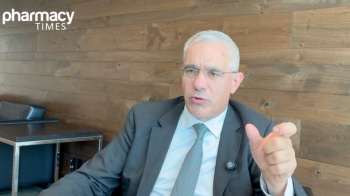
Expert discusses groundbreaking studies on the on-body injector for isatuximab, highlighting its efficacy, safety, and patient convenience.
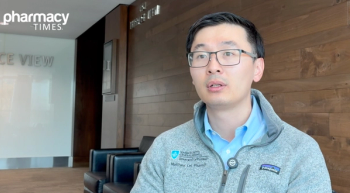
Pharmacists enhance patient care in multiple myeloma by focusing on infection prevention, CRS management, and optimizing outcomes with T-cell engagers post-CAR T.

Fast-melt tablets may help improve adherence by offering patients a convenient alternative to traditional pills, especially for those experiencing pill fatigue or managing multiple medications.
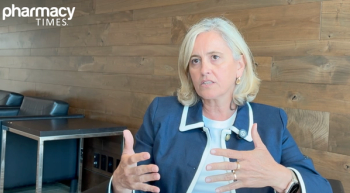
Costimulatory bispecific antibodies revolutionize multiple myeloma treatment, offering deeper responses and flexible sequencing strategies for patients.
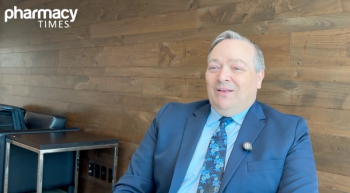
New findings reveal that combining daratumumab with lenalidomide significantly enhances MRD negativity and progression-free survival in multiple myeloma maintenance therapy.
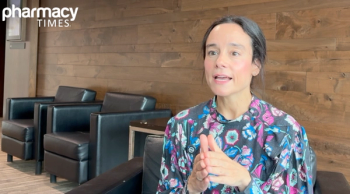
Experts discuss the potential of linvoseltamab in treating high-risk smoldering multiple myeloma, highlighting promising early trial results and response rates.

Expert highlights how taste-masking, dose, and particle size influence patient adherence and the clinical performance of fast-dissolving delivery systems.
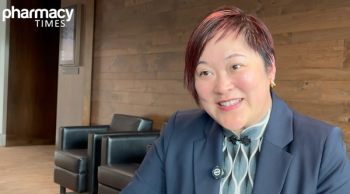
Outpatient use of bispecifics and CAR T-cell therapies in multiple myeloma can expand access.
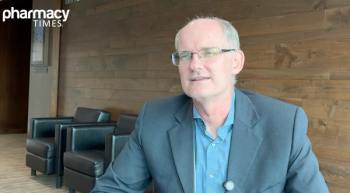
Teclistamab shows promising results in frontline multiple myeloma treatment, achieving high MRD negativity rates, but safety concerns remain.
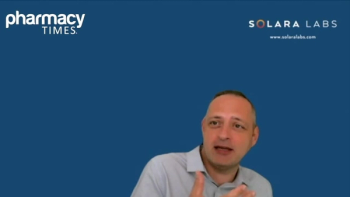
Discover the benefits of fast melt tablets, designed for easy swallowing and quick disintegration, enhancing patient convenience and adherence.
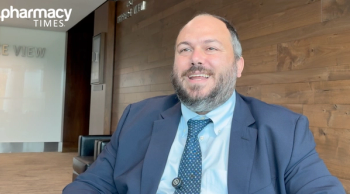
An expert discusses the benefits of anti-CD38 quadruplet regimens for elderly multiple myeloma patients.
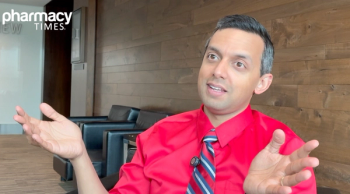
An expert discusses CAR T therapy's potential in treating relapsed multiple myeloma, highlighting long-term remissions and access challenges.
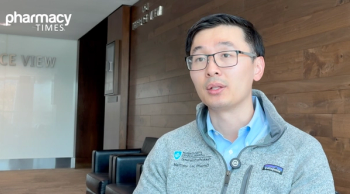
An expert discusses the promising results of elranatamab as a consolidative therapy for relapsed/refractory multiple myeloma, enhancing patient outcomes.

A panelist discusses how pharmacists can overcome patient reluctance to shingles vaccination by transparently addressing adverse effect concerns, using multiple patient interactions to build acceptance over time, and sharing personal stories about shingles complications to help patients understand the real risks of the disease.

Learn how pharmacists can improve shingles vaccine completion rates by using physician orders rather than verbal recommendations, addressing individual patient concerns about vaccine fatigue and hesitancy, and proactively scheduling second doses during the first visit to ensure full protection.

Crystal Hodge, PharmD, BCIDP, BCPS, discusses a 3-pronged approach—isolating, vaccinating, and educating—to help pharmacists manage respiratory virus season and routine immunizations like MMR.
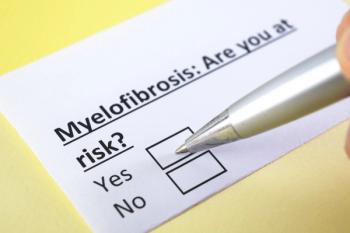
Pharmacists play a crucial role in managing myelofibrosis, enhancing patient education, adherence, and financial navigation for optimal care.
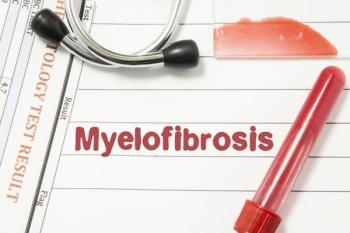
Jessica Lewis-Gonzalez, PharmD, BCOP, discusses the management of hematologic and non-hematologic toxicities in cancer patients, emphasizing the importance of proactive monitoring and collaboration between clinicians and pharmacists.
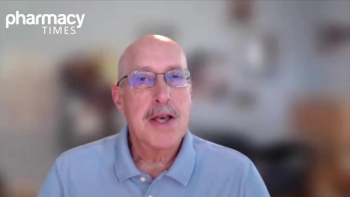
Michael Fifer, MD, discusses the Maple HCM study, which compared the cardiac myosin inhibitor Aficamten and the beta blocker Metoprolol in patients with obstructive hypertrophic cardiomyopathy (HCM).
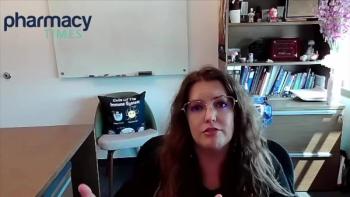
Crystal Hodge, PharmD, BCIDP, BCPS, emphasizes that declining vaccination rates below the 95% herd immunity threshold have fueled recent measles outbreaks, underscoring the urgent need for pharmacist-led vaccination advocacy.

Legislative efforts aim to improve oncology medication access, addressing transportation barriers and advocating for mail delivery from cancer clinics.

E. Camille Vaughan, MD, MS, highlights how pharmacists can build patient trust, encourage vaccination, and use simple strategies to spark conversations with hesitant individuals.
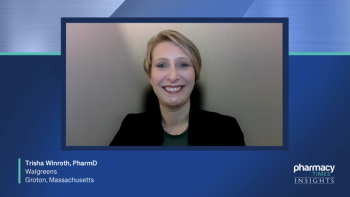
An expert emphasizes the importance of prompt antiviral treatment and personalized pain management for shingles—particularly in high-risk patients—while highlighting the pharmacist’s role in guiding appropriate over-the-counter care, promoting vaccination through timely conversations, and leveraging tools like immunization registries and word of mouth to improve prevention efforts.

Trisha Winroth, PharmD, highlights the critical role of vaccination in preventing shingles—especially for high-risk patients with chronic conditions—while addressing challenges such as postpandemic vaccine fatigue. She emphasizes pharmacists’ unique position to build trust, offer timely education during routine visits, and improve uptake through personalized, visually supported, and seasonally timed conversations.